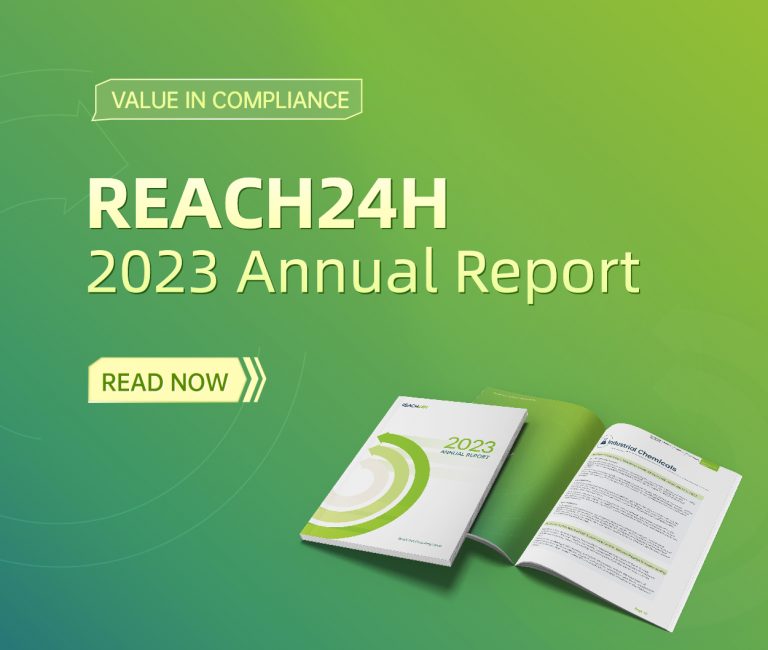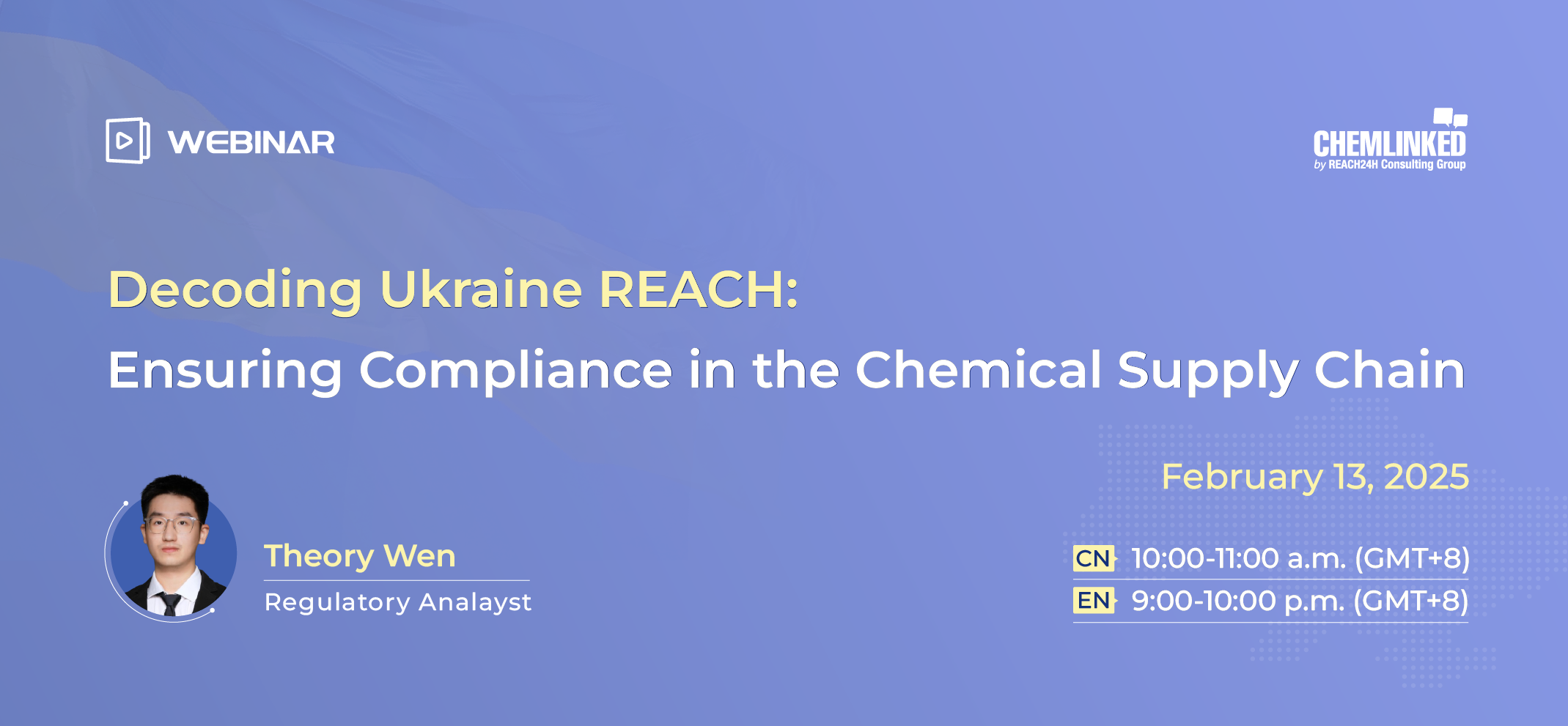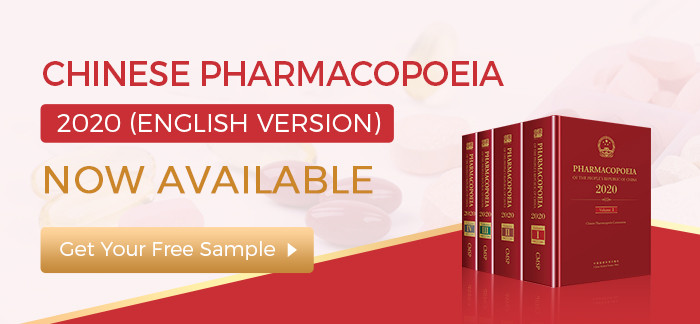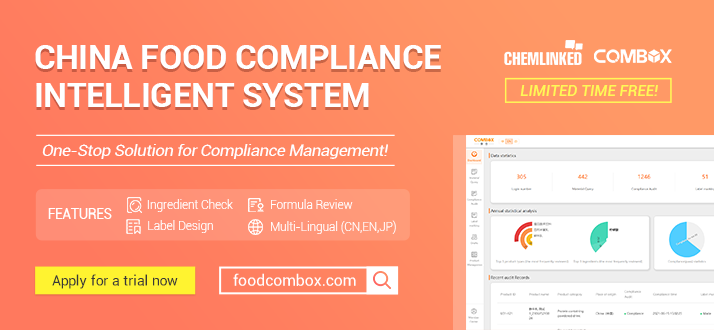South Korea Enacts Household Chemical Products and Biocides Safety Acts (K-BPR)
- Takehome:
- K-BPR= Product of Risk Concern under K-REACH+EU BPR
- Biocidal active substances and biocidal products previously notified to the MoE can still be marketed for up to 10 years;
- A list of active substance based on the notified substance/product is expected to be disclosed by 31 Dec 2019;
- Market circulation of existing biocidal products using unlisted active substances will be terminated by January 2020;
- Product of risk concern will be additionally subject to safety confirmation testing at qualified labs every 3 years
On 30 Mar 2018, Korea officially enacted the “Household Chemical Products and Biocides Safety Acts (K-BPR)”, which will take effect on 1st Jan 2019. The regulation majorly governs the labeling, approval, authorization and post-management of household chemical products, biocidal products and biocide-treated articles.
Household chemical products are defined as mixtures or articles, or part of mixtures or articles which may result in chemical exposure to end users. They used to be defined as “Product of Risk Concern” under K-REACH: MoE defines the product scope and established corresponding safety and labeling standard. Manufacturers and importers of these products need to comply with the following requirements:
- Restriction/ban: limit of restricted substances (banned ingredient) in final product
- Labeling: the information to be included on product label
- Package: child-resistant package will be required for specific condition
Since 2015, MoE has defined and established a series of standards of risk concern products: cleansers, synthetic detergents, bleaching agents, fabric softeners, coatings, adhesives (including glues), fragrances, deodorants, ironing auxiliaries, ink cartridges and toners and algicides. In this new enactment, these products are renamed as household chemical products and regulated under K-BPR. In addition to compliance with the safety and labelling standard and K-Reach registrations, MoE will define some of them as “household chemical product subject to safety confirmation” and confirmation tests at qualified labs will be additionally required every 3 years.
Compared with household chemical products, biocides companies bear varied obligations depending on their product categories, which is defined and classified similarly based on EU biocidal product regulation (EU BPR). Conditions for exemption are explicitly excluded:
|
Type of Biocide under KBPR |
Definition |
Example |
| Biocidal Active Substances | Chemical or nature substance or organism with specific function of inhibition, elimination and control of harmful living beings | |
| Biocidal Products | End-use product that major function is to remove or control harmful living beings | Household insecticide, disinfectant |
| Biocide-treated articles | that have been treated with or incorporate a biocidal product | antimicrobial textile |
Below products are exempted from K-BPR:
|
||
Prior to the placing of biocidal products on Korean market, the product and active substance should be approved by MoE. Only biocidal products using approved active substances can be utilized for treated articles and the chemical information should be kept available to the buyers. For treated articles with a biocidal claim, the information on biocidal product usage and potential risks should be included in the labels. Biocidal products that entered into the market prior to the enforcement need to notify circulation information to MoE. These products will then be subject to a grace period of up to 10 years. Based on notified products, MoE will compile a list of biocidal active substances, which is expected to be published by the 31st of Dec 2019. Biocidal products using unlisted active substance will be removed from the market by January 2020. Obligations of different companies in the supply chains are as follows:
|
Company |
Obligation |
|
|
|
|
|
|
|
|




